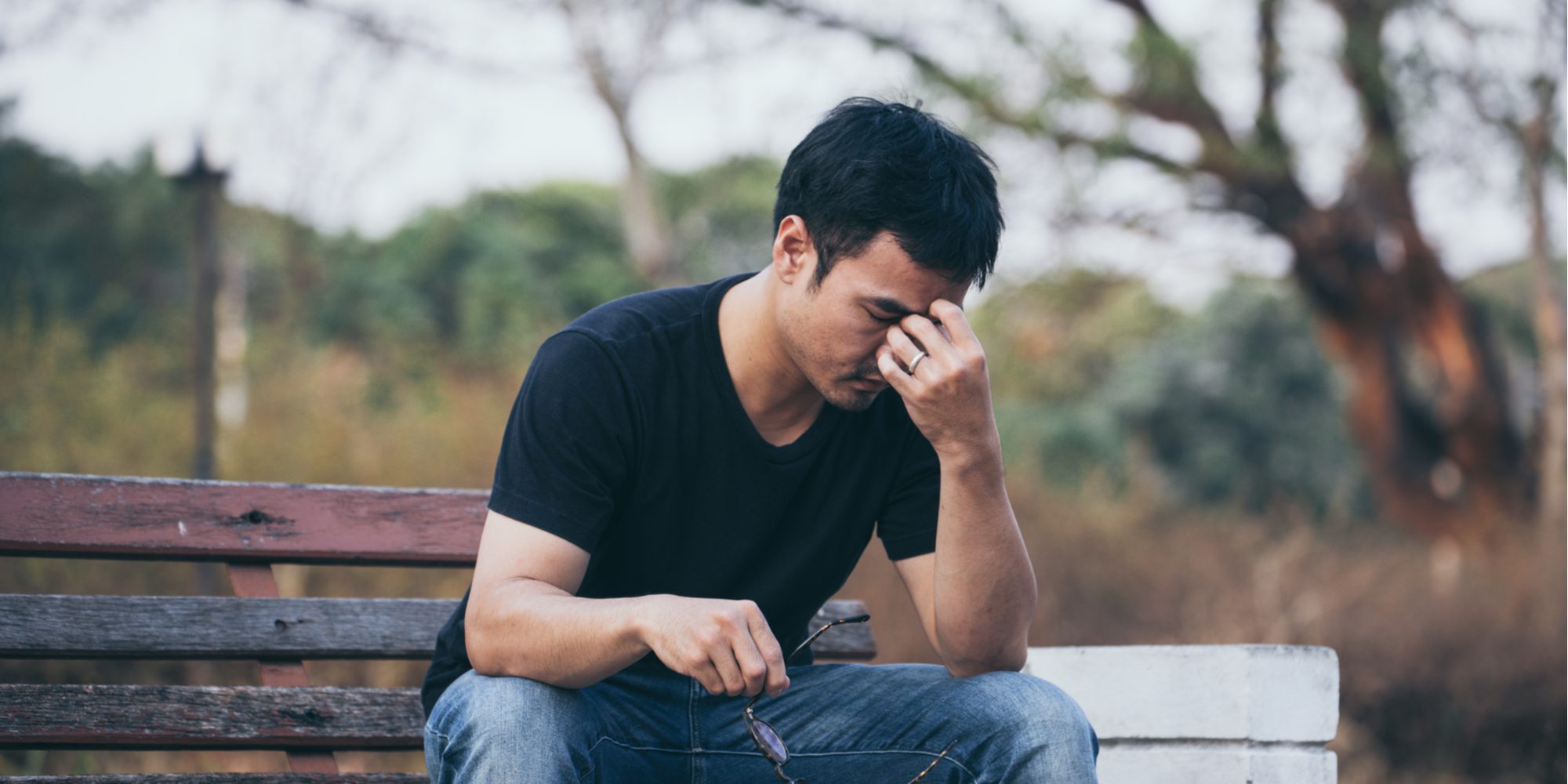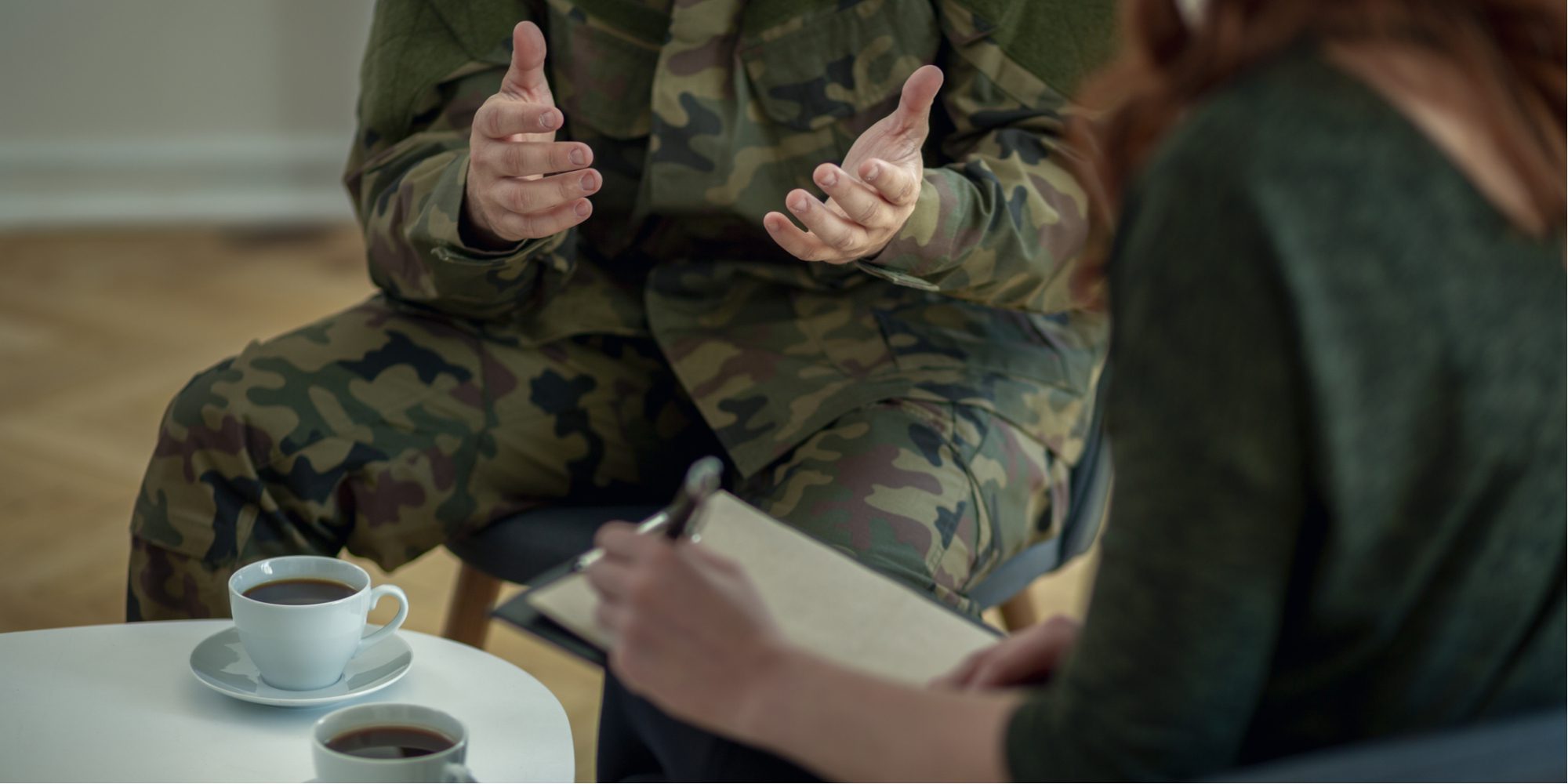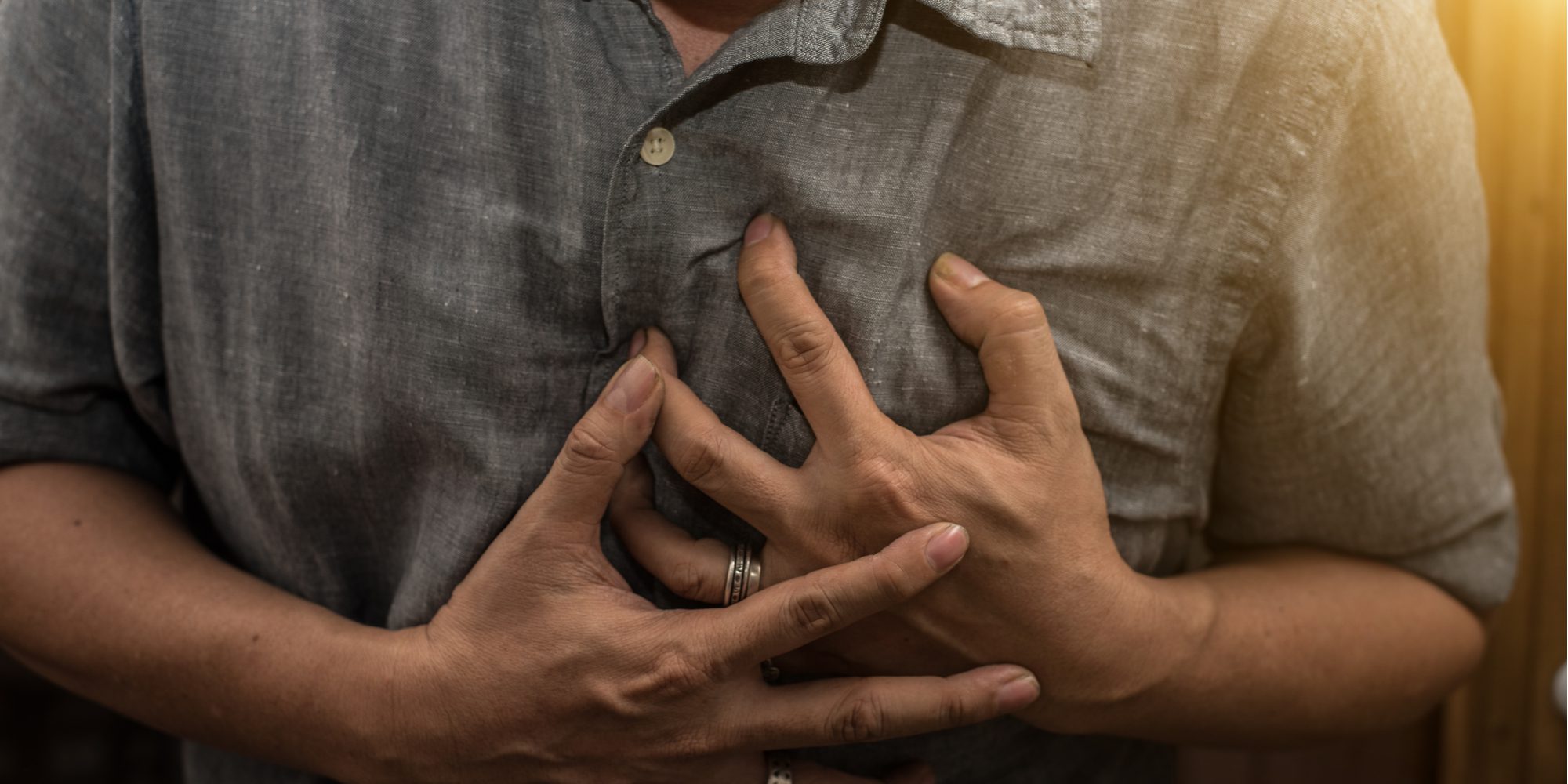Did you know that military personnel who have experienced combat exposure are at higher risk for having anxiety attacks? You might be wondering why this is the case and how to get help for your own service-related mental health condition.
We’re here to answer your questions on the symptoms of anxiety, how to cope with an anxiety attack, and other mental health treatment options available to you.
Symptoms of an Anxiety Attack

First, it’s important to note that an anxiety attack is often confused with the symptoms of an anxiety disorder. The Diagnostic and Statistical Manual (DSM-V) explains that reoccurring anxiety and panic attacks are actually common indications of anxiety disorders.
There are many different types of anxiety disorders. Some examples are generalized anxiety disorder (GAD) or social anxiety disorder. Panic disorder is also a type of anxiety disorder that causes frequent, repeated, seemingly unexplainable anxiety or panic attacks.
Ready to start your journey to recovery?
Additionally, having anxiety and panic attacks are sometimes symptoms of post-traumatic stress disorder (PTSD). PTSD is an incredibly common anxiety disorder in veterans who have gone through a traumatic experience, and can cause daily anxiety, changes in sleep patterns, and flashbacks of the trauma.
But an anxiety or panic attack is more sudden and usually more intense (for a shorter period of time) than the daily anxiety you might experience with one of these anxiety disorders.
The physical symptoms of anxiety and panic attacks include:
- Racing heart rate
- Shortness of breath
- Chest pain
- Stomachache and/or nausea
- Tightness in throat
Sometimes, the physical symptoms of an anxiety attack can be so severe and frightening that you might think you are having a heart attack. You might feel faint, dizzy, and experience chills or hot flashes.
On the emotional side, an anxiety attack can leave you with intense feelings of panic and a sudden, uncontrollable fear of dying.
Always be sure to speak to a trusted health professional for medical advice if you experience any of these symptoms. Getting the treatment you need is key to living a healthy life after your military service.
Why Are Veterans at Risk for Having an Anxiety Attack?
The fear of dying during an anxiety or panic attack is common because the attacks are brought on by triggers from traumatic events. This is one of the reasons why so many veterans and military personnel experience anxiety attacks.
A trigger can stem from any traumatic event. In veterans with anxiety, memories from a traumatic event spark the fight or flight reflex. In this instance, your body has no choice but to respond as though you are in grave danger, even if you are in a relatively safe place—such as a grocery store, for example.
But because you have experienced a traumatic event, your mind and body are unable to recognize that you are currently safe. This is when the symptoms of an anxiety attack set in: racing heartbeat, chest pain, pure panic.
So many veterans do not receive the mental health care they need to re-train their bodies and brains to respond differently to triggers from a traumatic event. This is especially true for combat exposed veterans who are more likely to have suffered trauma. And because these mental health conditions go untreated, too many veterans don’t have the proper coping strategies to recover.
Coping with Anxiety Attacks
When it comes to anxiety and panic attacks—or any mental health concern for that matter—there are both unhealthy and healthy coping mechanisms.
Unfortunately, many veterans with anxiety turn to unhealthy strategies to mask their pain.
Occasionally, veterans who experience anxiety find themselves avoiding situations that could lead to triggers, an anxiety attack, or any feelings of discomfort. But avoiding situations like these does not solve the problem—it just pushes it away for a little while.
Similarly, veterans and military personnel often resort to abusing drugs and alcohol as a way to cover up the pain. There is a strong connection between having an anxiety disorder and having a substance use disorder, especially if you are a veteran.
If you experience anxiety and panic attacks and do any of the unhealthy coping strategies explained above, consider working with a trained mental health professional to learn heathier ways to cope with emotional distress.
Mental Health Treatment for Veterans

Veterans with anxiety should be in touch with a mental health professional to understand if they are having anxiety and panic attacks or if these symptoms could be a sign of something more, such as panic disorder or post-traumatic stress disorder.
This is especially important if you are a veteran or military personnel who is struggling with a substance use disorder.
Mental health treatment that focuses on veterans with a substance use disorder combines a variety of techniques to ensure recovery. Veteran-friendly treatment centers should offer the following therapeutic approaches:
- Individual therapy
- Group therapy
- Art therapy
- EMDR therapy
- Cognitive behavior therapy (CBT)
- Alumni resources
- And life-long skills that you can use even after you leave the treatment center.
We’re Here to Ease Your Panic About Recovery
Your mental health—and overall wellness—is our priority at Heroes’ Mile. We are a treatment center dedicated to veterans and run by veterans, so we have a unique, personal approach to the struggles you experience.
We also understand how frightening an anxiety attack can feel, which is why we make sure to offer all of the therapeutic approaches above and so much more. If you are ready to let go of feelings of anxiety and your fight with addiction for good, please give us a call at 1-888-838-6692. You can also fill out our confidential online form and start your process toward recovery today.

